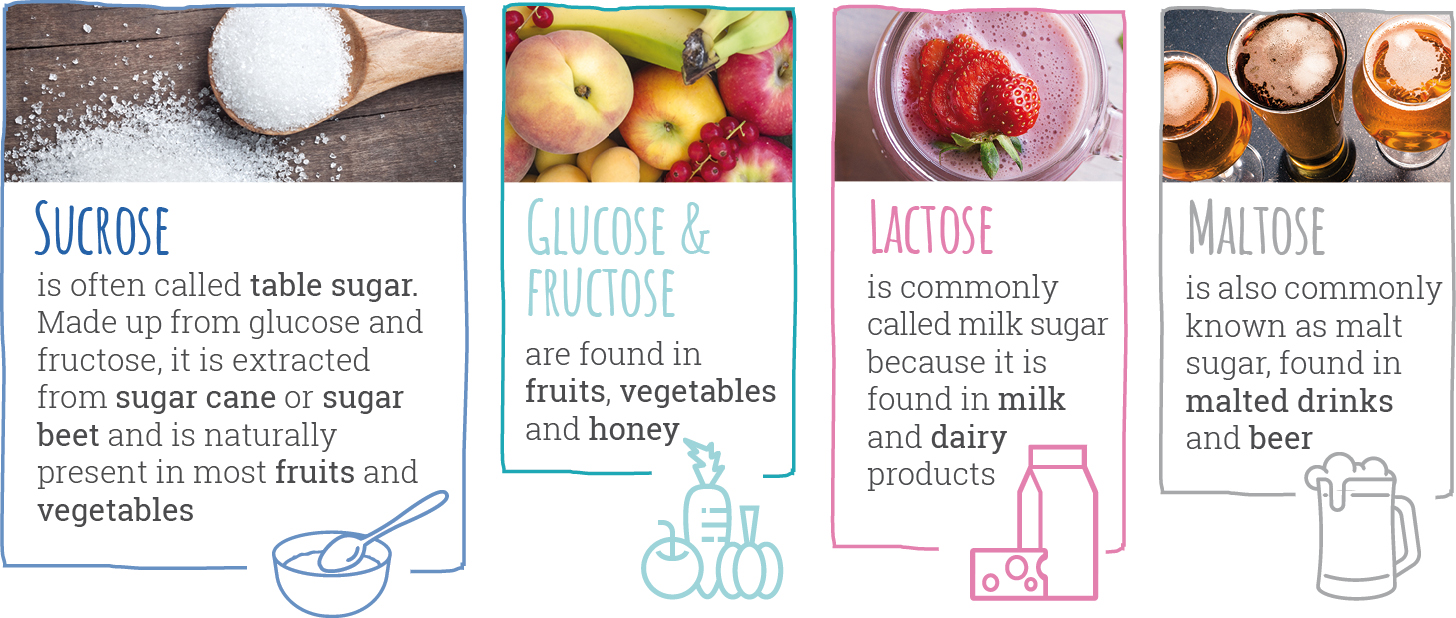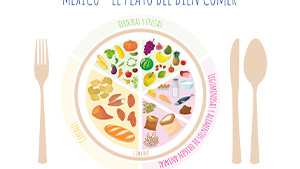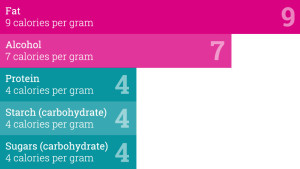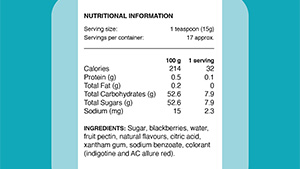SUGARS AND THE BODY
Carbohydrates comprising sugars and starches are broken down in the body into glucose. Sugars are an important source of energy with glucose being the most important for the body. The brain requires around 130 grams of sugar (glucose) per day to keep functioning. Glucose can be found in a range of foods including fruit, vegetables and honey.
The other most common sugars found in food and drinks are:

To find out more about what exactly sugar is, head to our what is sugar page.
The different sugars are broken down and used in different ways but the body doesn’t distinguish between sugars used in manufacturing or in the kitchen, and those sugars found naturally in fruits and vegetables. For example, sucrose in an apple is broken down in exactly the same way as the sucrose in your sugar bowl. However, the rate of which the sugar (sucrose) is absorbed can vary depending on if the source is a solid or liquid food, for example in an apple or apple juice.
The World Health Organization recommends that adults and children reduce their daily intake of free sugars* to less than 10% of their total energy intake. It advises that a further reduction to below 5% or roughly 25 grams (6 teaspoons) per day would provide additional health benefits (1).
*Free sugars are all sugars added to foods or drinks by the manufacturer, cook or consumer, as well as sugars naturally present in honey, syrups, fruit juices and fruit juice concentrates.



